Science
Curriculum Intent
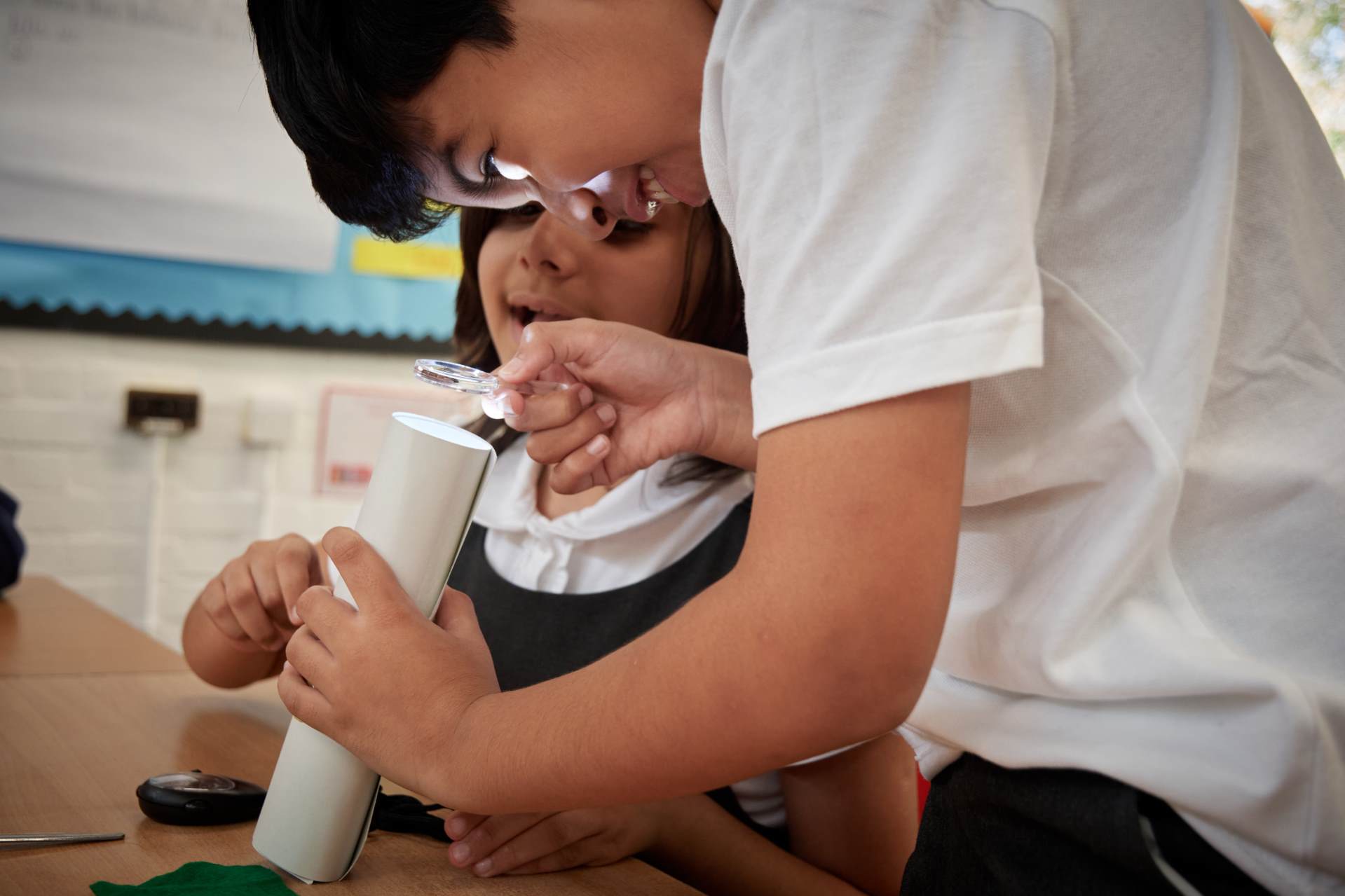 We want our pupils to recognise the importance of science and the value of scientists as citizens of a global world. Through the knowledge, methods, processes and uses of science, the pupils will develop vital skills to be able to ask, explore, problem solve, investigate and answer scientific questions reflecting critically on their findings. Pupils will experience a sense of excitement and curiosity about the world around them.
We want our pupils to recognise the importance of science and the value of scientists as citizens of a global world. Through the knowledge, methods, processes and uses of science, the pupils will develop vital skills to be able to ask, explore, problem solve, investigate and answer scientific questions reflecting critically on their findings. Pupils will experience a sense of excitement and curiosity about the world around them.
Curriculum Implementation
Our science curriculum is carefully sequenced to ensure that knowledge and skills are developed and built upon during a child’s journey through the school. Science lessons recognise the importance of science in our everyday lives, enthuse pupils and prepare older pupils for the transition to secondary school . Furthermore, we work in collaboration with local Secondary Schools, including Hampton School for Boys, who provide annual enrichment workshops for our pupils.
Early Years Foundation Stage
Science is delivered through play-based learning to encourage children to explore the world around them. This is to develop their curiosity and to help them understand the features of their environment. Pupils’ recognition of animals and plants is encouraged alongside their ability to talk about why some things occur and to recognise changes. This lays a secure foundation for the development of scientific skills in later Key Stages.
Key Stage 1
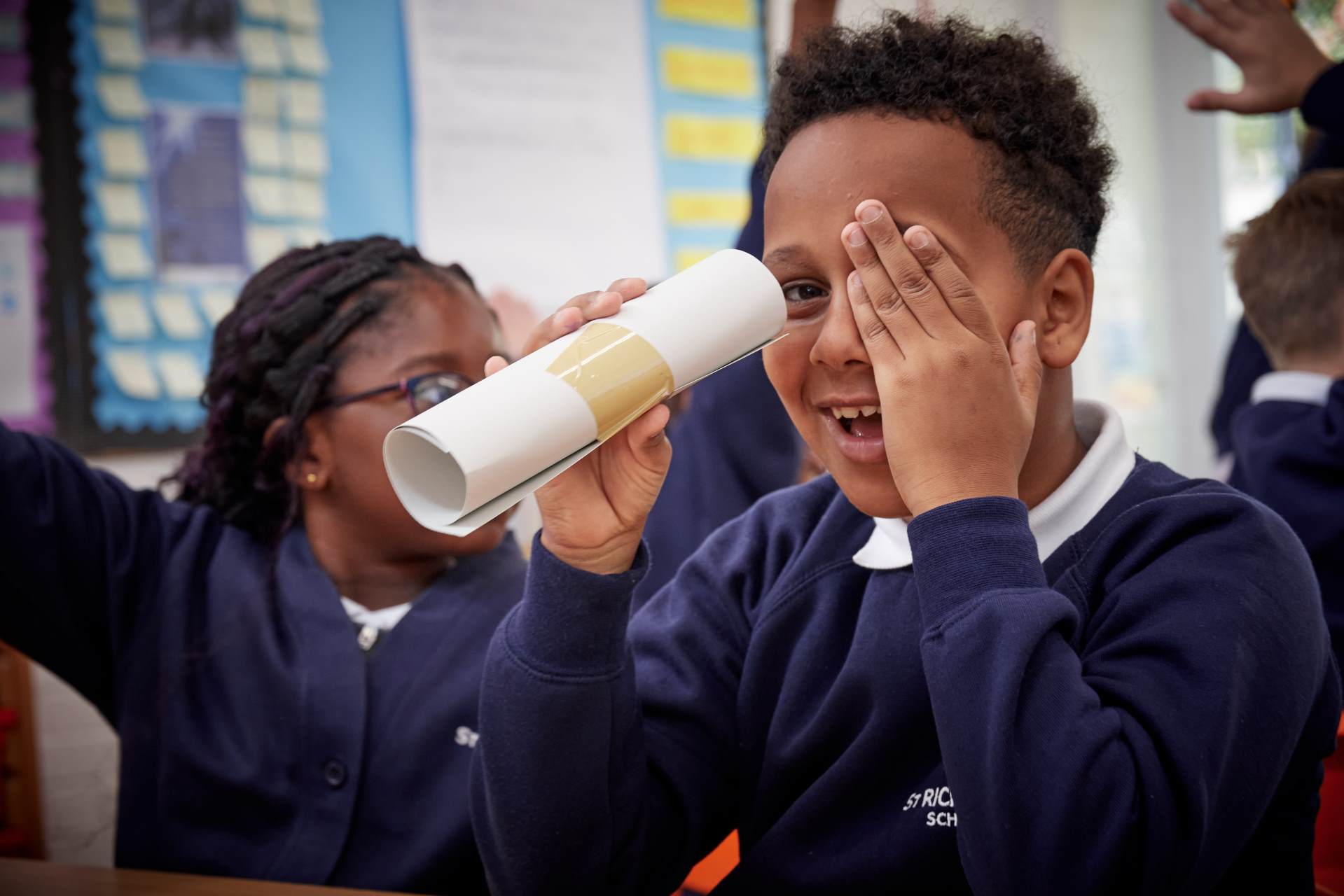 Pupils study Plants and Animals including Humans, looking at being able to identify different Living Things and their Habitats and recognising what plants and animals need to survive. Pupils also begin to recognise the uses and properties of Everyday Materials and identify Seasonal Changes. Pupils are introduced to the concept of Working Scientifically by being able to follow practical scientific methods, including asking questions, making observations, performing simple tests, gathering data, and using their observations to suggest answers.
Pupils study Plants and Animals including Humans, looking at being able to identify different Living Things and their Habitats and recognising what plants and animals need to survive. Pupils also begin to recognise the uses and properties of Everyday Materials and identify Seasonal Changes. Pupils are introduced to the concept of Working Scientifically by being able to follow practical scientific methods, including asking questions, making observations, performing simple tests, gathering data, and using their observations to suggest answers.
Lower Key Stage 2
Pupils continue to explore the diverse range of Living Things and their Habitats, including looking at how Animals, including Humans move and digest. They are introduced to the physics of Sound, Light, Magnets and Electricity. Pupils also build on their understanding of materials by studying Rocks and examining the States of Matter. Throughout each topic, pupils are developing their Scientific Skills by planning, carrying out and analysing investigations to enable them to discover and answer each topic’s key question.
Upper Key Stage 2
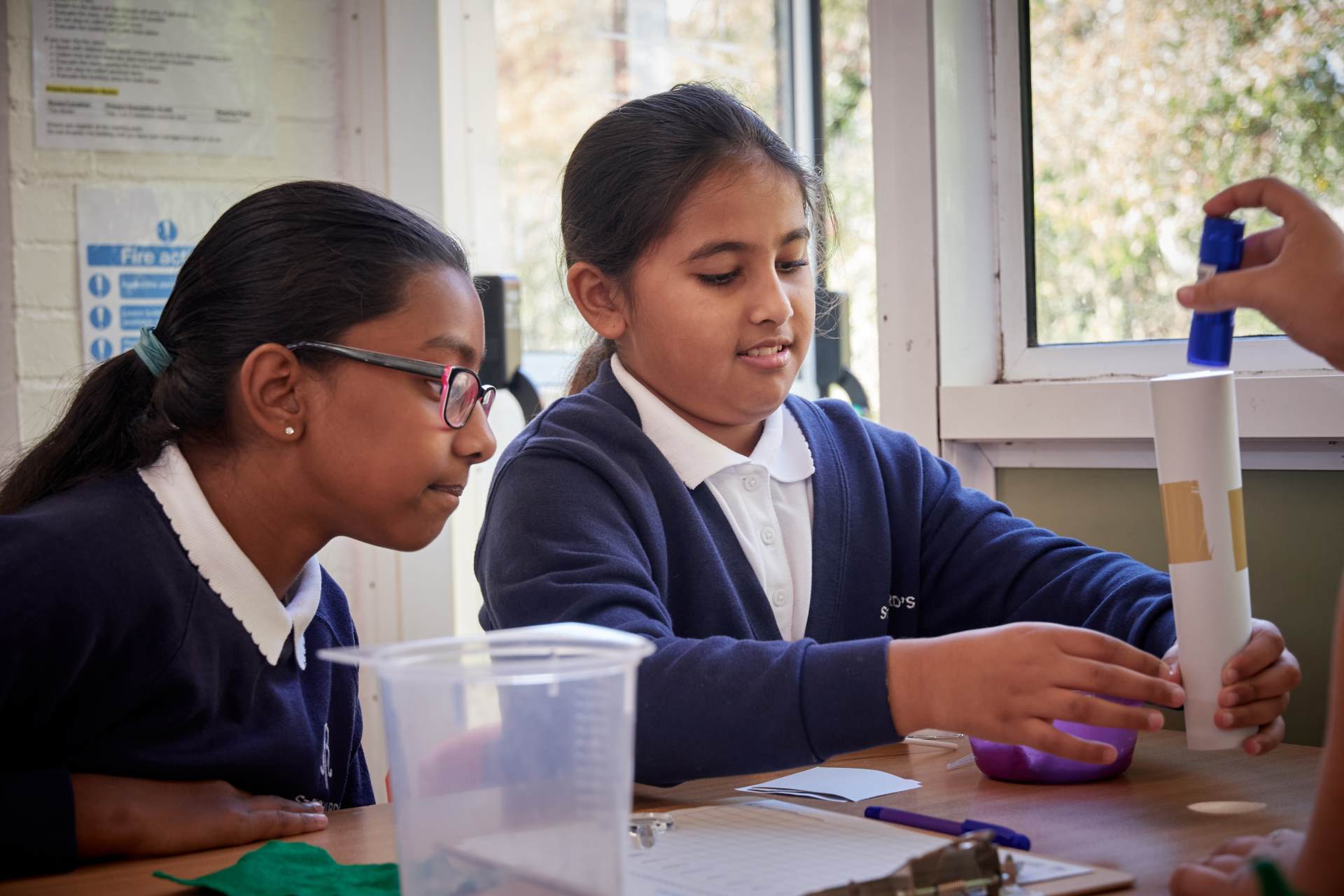 Pupils expand their understanding of: Forces, Changing Materials, Electricity, Space, Light, Living Things and their Habitats, Evolution and Inheritance and Animals, including Humans with a focus on Life Cycles and Circulation. They further enhance their Scientific Skills and knowledge of real scientists, to be able to plan and carry out a variety of enquiry types using equipment with greater accuracy and precision. From their investigations, pupils sharpen their ability to report conclusions and causal relationships that they have discovered within their results. Pupils enhance their ability to use scientific evidence to support arguments and make predictions.
Pupils expand their understanding of: Forces, Changing Materials, Electricity, Space, Light, Living Things and their Habitats, Evolution and Inheritance and Animals, including Humans with a focus on Life Cycles and Circulation. They further enhance their Scientific Skills and knowledge of real scientists, to be able to plan and carry out a variety of enquiry types using equipment with greater accuracy and precision. From their investigations, pupils sharpen their ability to report conclusions and causal relationships that they have discovered within their results. Pupils enhance their ability to use scientific evidence to support arguments and make predictions.
Our enriching curriculum includes educational visits to museums, such as the Science and Natural History Museums, and a range of habitats both locally and further afield, including the local Nature Reserve, Holly Lodge in Richmond Park and Kew Gardens. A dedicated whole school Science Day also enhances pupils curiosity, wonderment and love of science; science is put into a real-life context as scientists are invited to come in and talk to the pupils.
Progression in Science
Scientific Knowledge
[Science Curriculum Overview]
Working Scientifically
Pupils will be taught to use and apply the following practical scientific methods, processes and skills:
Early Years Foundation Stage
Key Stage 1 - Years 1 and 2
- Ask simple questions
- Identify and classify
- Gather and record data
- Observe closely using simple equipment and measurement
- Perform simple tests
- Begin to notice patterns
- Use their observations and ideas to suggest answers to questions
- Read and spell age-appropriate scientific vocabulary
Lower Key Stage 2 - Years 3 and 4
- Use different types of scientific enquiries to answer questions
- Set up comparative and fair tests
- Make predictions
- Make systematic and careful observations, using notes and simple tables
- Take accurate measurements using standard units
- Use a range of equipment, including a thermometer
- Record findings using bar charts, keys, tables and labelled diagrams
- Identify patterns, similarities and differences
- Draw conclusions
- Suggest improvements and raise further questions
- Use scientific evidence to support findings
- Use relevant scientific language in both oral and written work
Upper Key Stage 2 - Years 5 and 6
- Plan different types of scientific enquiries
- Recognise and control variables
- Take measurements with increasing accuracy and precision using a range of equipment
- Take repeat readings when appropriate
- Record findings using classification keys, scatter graphs, line graphs and causal relationships
- Have a degree of trust in results
- Identify scientific evidence used to support or refute ideas or arguments
- Recognise that scientific ideas change over time
- Draw conclusions based on their data and observations, use evidence to justify their ideas
- Use scientific knowledge and understanding to explain their findings
- Read, spell and pronounce scientific vocabulary correctly


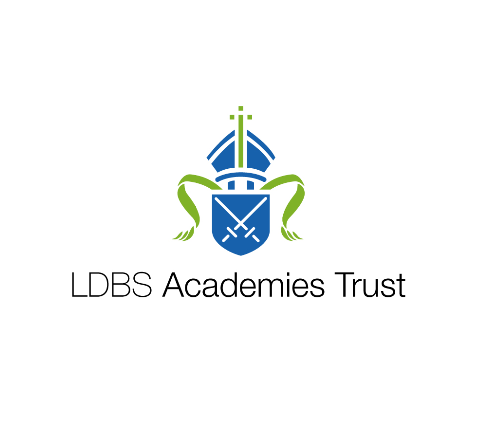
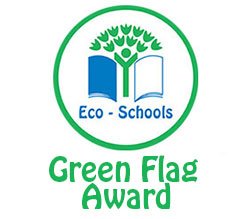
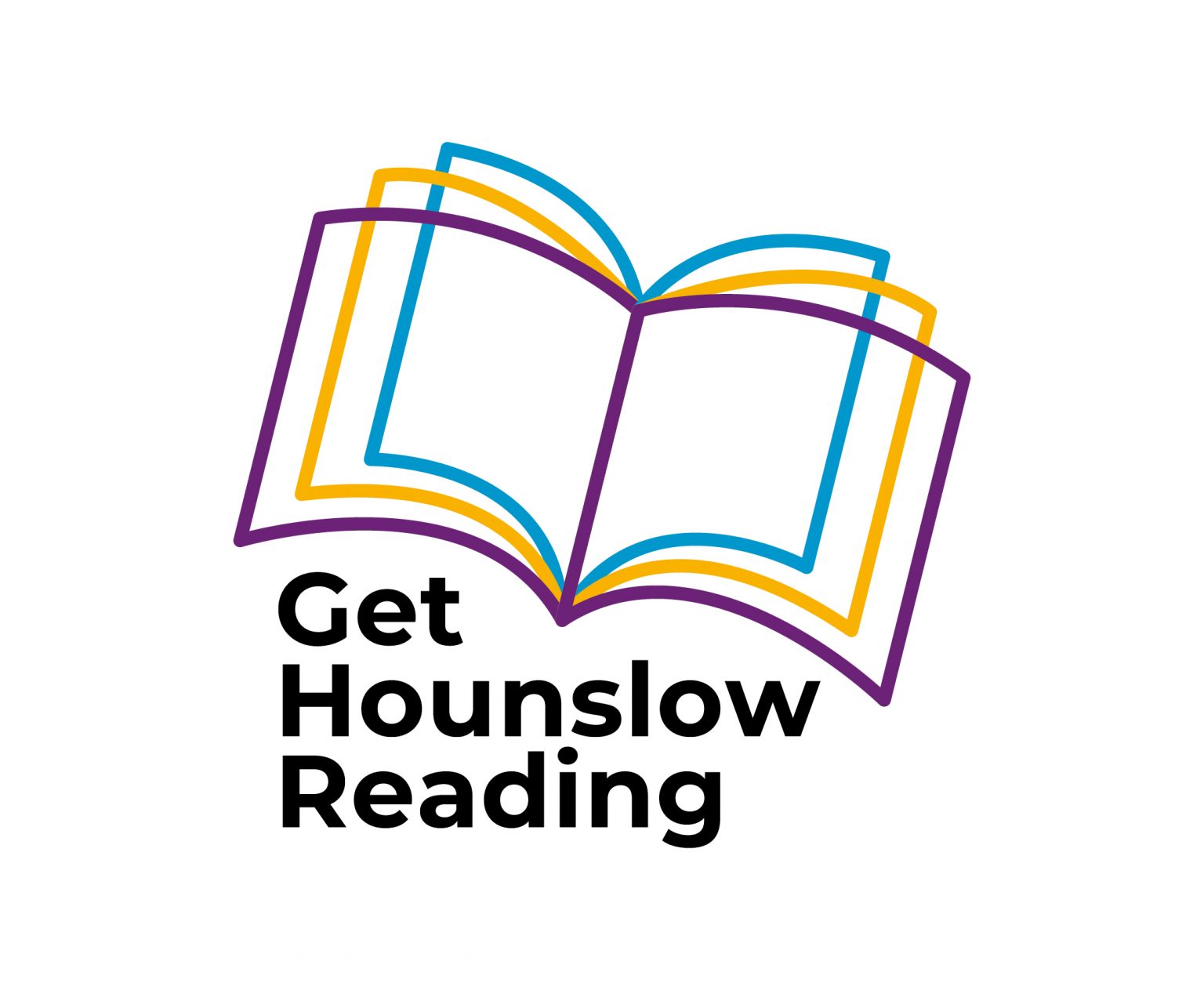
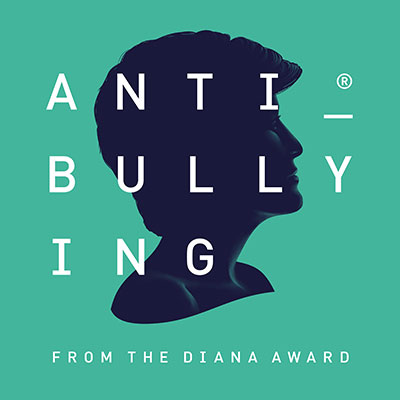
Social Media